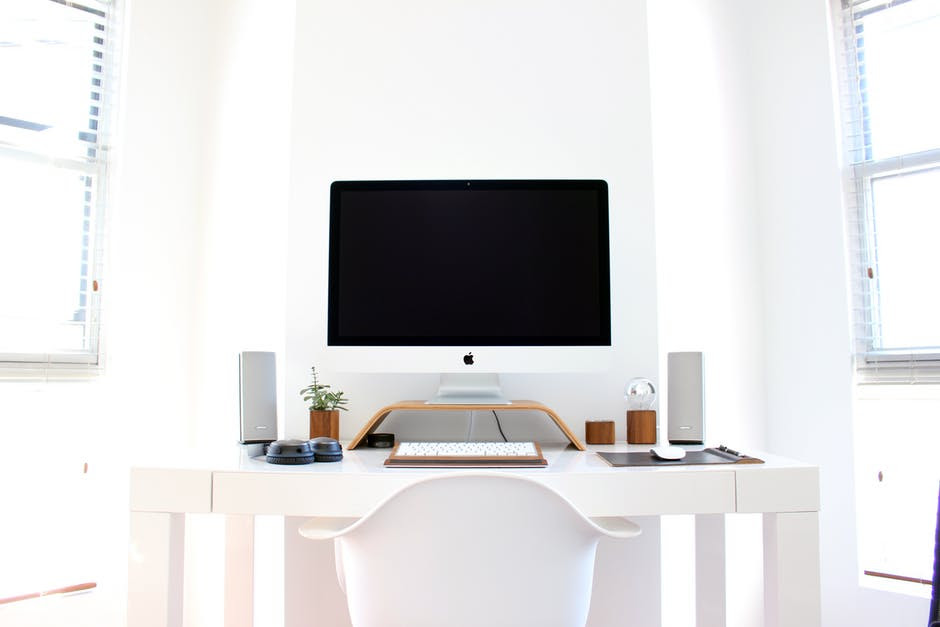Tips for a Skype / Video Interview Part I
A few weeks ago, we were watching Professor Kelly on international BBC TV speak earnestly about the Korean presidential impeachment when suddenly there was a disturbance to one side of the screen and in ran his little children pursued seconds later by a distraught mother who dragged the little ones away. Nobody heard a thing he said during the few minutes’ interruption and of course the video went viral as the entertainment of the week! These days, you don’t have to be an international spokesperson to have experienced embarrassing moments on live video, media or work interviews or Skype meetings. How should you prepare for your stage performance?
PLAN AHEAD
Banish kids, pets and all moving distractions and lock the door. Keep the room quiet and mute any electronic noises such as phone and text beeps. Position yourself against a plain wall without books, photos, mirrors, paintings or art objects so you become the main attraction. For the session you can face a window with flat daylight or alternatively rig up two soft lights on either side so that your face is clearly seen and never in shadows. A window or light source to the side or behind you has the unfortunate effect of making your face fade, plunging you into deep shadows so that your facial expressions and gestures are totally invisible. Bright sunlight directly in front of you can be just as bad: the face can glare and the features may even disappear completely casting a strange, ghostly appearance. What’s more, sunlight moves across the window, transforming ghost to shadow quite quickly.
FRAME YOURSELF
In the art of photography there are proven principles of proportion to apply also in the case of video appearances. Position yourself center frame with equal background on both sides and with your face about 2/3 of the way up the screen. Your facial expressions need to be visible, as do your hand gestures and nothing else should distract. Too close to the camera and your face can look distorted, too far away and the background grabs the attention.
POSITION OF THE CAMERA
Adjust your computer or camera so that you are looking up slightly on screen avoiding head turns or eyes flicks and the interviewer or colleagues can see your eyes, Don’t look down at the camera as you look as if you are literally “looking down your nose” at your interviewer. It’s wise to practice speaking directly to the camera for a longer period of time than in person, as steady eye contact is extremely important on the screen and encourages trust. On Skype, move the display just under the camera to keep your eye contact level.
BODY LANGUAGE
Select a comfortable chair not a sofa, sit up straight but not rigid and avoid the head cock when speaking which betrays uncertainty. Avoid slumped shoulders, leaning and a crunched up ribcage as those postures are magnified on the screen and signify low energy. Adopt slow head nods to convey listening and agreement, rather than fast nodding which might communicate impatience. Never rub, wring or clasp your hands, fiddle with your clothing, touch your face, pick your teeth or cover your mouth. Keep your energy up to the end.



